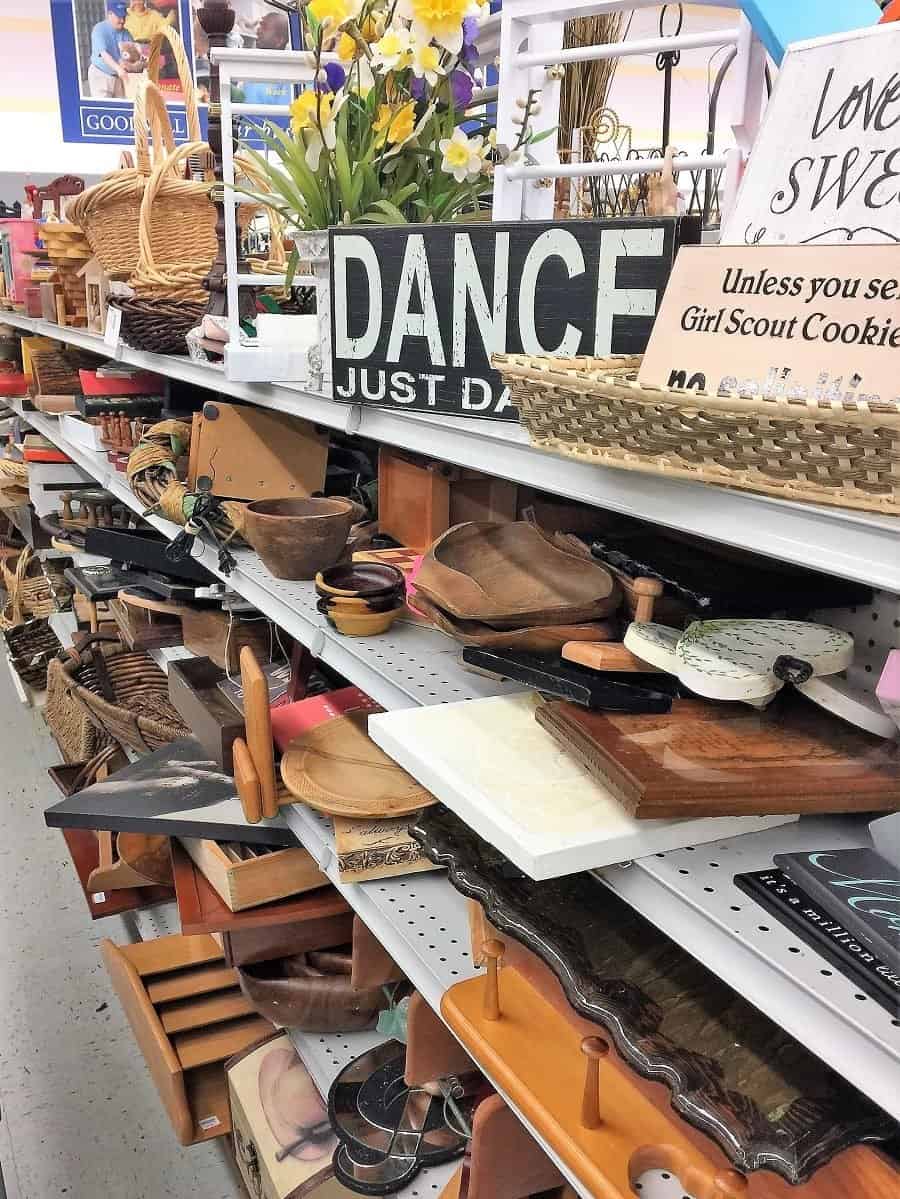Make Your Home a More Relaxing Place

Let’s face it, we are all busy and we all typically look forward to relaxing after a hard day’s work once we arrive home! Can I get an Amen?
Many times however, we come home to a house that can sometimes be less than relaxing. Whether it is the kids running around fighting with one another or the animals leaving us messes to clean up, there are many reasons why our homes can often times be less than relaxing.
Below are listed a few tips to help make your home a more relaxing place regardless of what is going on around you.
- Placing a big comfortable chair in a quiet nook in your home with perhaps a blanket thrown over it can do a lot towards adding a relaxing comfy feel. Be sure to put this chair and blanket in an “out of the way” space such as a back bedroom so that you will be able to go there to escape the day.
- Another idea for making your home a more relaxing place is to add some fluffy white curtains to your patio or porch. Add a few pieces of outdoor furniture and a table or two as well. This will allow you an outdoor space in which you can retire to after a long hard day at work. These spaces are great for when the weather is good.
- Adding an upholstered headboard to your bed can make the entire room look more soft and serene. Also if you happen to have a television in your bedroom, take it out and put it somewhere else in the house. Your bedroom should be your sanctuary at all times.
- Another way to help make your home a more relaxing place is to add a speaker system throughout your house. This way you can play soft relaxing music and listen to it as you move from room to room.
- Much in the way that music can be used to make your home a more relaxing place, diffusing essential oils into your home can go a long way as well! If you don’t have a diffuser you should definably order one today!
These tips to make your home a more relaxing place are a good place to start! Once you do your part to make your home your sanctuary you will likely love the changes!
Courtesy of New Castle County DE Realtors Tucker Robbins and Carol Arnott Robbins.
Photo credit: thedistrictrecovery.com








.jpg)





